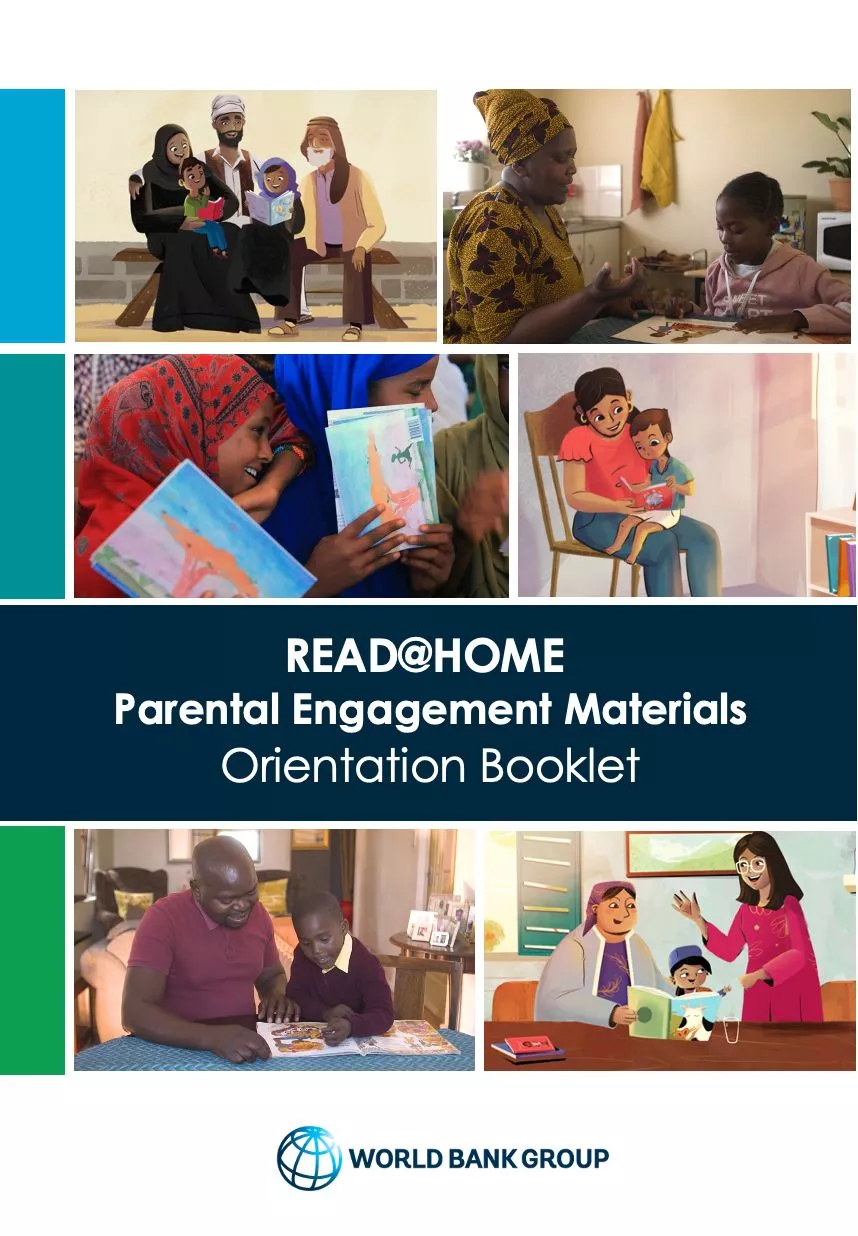The Association for the Development of Education in Africa (ADEA), through its Working Group on Books and Learning Materials (WGBLM), teamed up with the Global Book Alliance (GBA) to dialogue with African book industry stakeholders about publishing and use of materials in mother-tongue languages, and to come up with a way forward.
Search the site
With funding from the William and Flora Hewlett Foundation, and as part of its work on the early literacy ecosystem and open licensing, Neil Butcher & Associates (NBA) is conducting research into the successful sharing of alternative content creation and distribution models that harness open licensing.
With funding from the William and Flora Hewlett Foundation, and as part of its work on the early literacy ecosystem and open licensing, Neil Butcher & Associates (NBA) convened a small workshop, which brought together key players in early literacy in Africa.
Open Licensing and Publishing in Africa: What is open licensing and why is it topical to authors, publishers and illustrators? This presentation was created for the Association for the Development in Africa (ADEA) and Global Book Alliance Seminar on Open Licensing in Accra, Ghana on 2 September, 2018.
Openly licensed resources are ‘free’ to access, but there can be significant user, creation, adaptation, and production costs. The long-term sustainability of African publishing in local languages requires that these costs be met fairly and completely, using models that will encourage people to establish, grow, and sustain excellent content creation organizations.
Pragmatic Approaches to Open Licensing: Is revenue generation possible? This presentation was created for the Association for the Development in Africa (ADEA) and Global Book Alliance Seminar on Open Licensing in Accra, Ghana on 2 September, 2018.
These best practice quality recommendations for children’s books are a product of the public-private partnership of the REACH Project. They are intended for use by publishers during book creation, development, and production, as well as by purchasers and librarians for collection development.
If you are planning to translate a storybook from one language to another, then these recommendations are for you. They offer helpful ideas on how to ensure the final story in the new language is high quality. A high-quality translation is one that was not necessarily translated word-for-word, but that retains the meaning and sensibility of the original story in the new language.


This booklet provides an overview of all the resources in the Parent Engagement Package and guidance on how these materials could be used, adapted, and combined in different contexts.
This Guidance Note is designed to support government and World Bank teams in preparing accurate and complete bidding documents for books, evaluating proposals, and awarding contracts.
Access to books (textbooks, teacher’s guides, and materials for reading practice) is key to addressing learning poverty. Children need to be exposed to sufficient and appropriate text, and they need to be afforded the time and opportunity to practice reading in school and at home. Appropriate design of reading books will facilitate learning, support instruction, and promote independent learning.
Education projects funded by The World Bank procure textbooks and other teaching and learning materials through national and international tenders (bids). Documents for the tenders describe the purposes of the procurement, the qualification requirements for potential bidders, and the technical specifications of the education materials to be procured.
The World Bank’s Read@Home initiative is an unprecedented effort to get reading, learning, and play materials into homes to address the learning loss caused by the COVID-19 pandemic and widespread, pre-existing "learning poverty". Connected to the distribution and use of these materials is the question of copyright.
This Guidance Note was created for the Read@Home project to help writers, illustrators, and designers create books for young children to share with their families at home. Of course, such books may be used in schools as well. In either case, these will be enjoyable books that children will want to read, so they will learn to love reading and develop the life-long habit of reading.
Low-cost, high-quality printing of teaching and learning materials (TLM) requires well-designed and highly competitive procurement. Since 2010, Mozambique has implemented a range of measures to reduce costs over time, making its printing procurement possibly the most competitive in Africa. As a result, printed pages purchased by Mozambique cost less than half of those purchased across the channel in Madagascar.
This report is a brief introduction to the Republic of the Marshall Islands Book Supply Chain, focusing for practical reasons on the National capital, Majuro. The initiative began through the lens of human rights and particularly a child’s right to literacy in a language they understand. It was sparked by the lack of children’s books in the Marshall Islands.
As schools in Uganda closed down in late March 2020 due to Covid-19, Mango Tree Literacy Lab (MTLL) had to reconsider its 2020 work plan.




